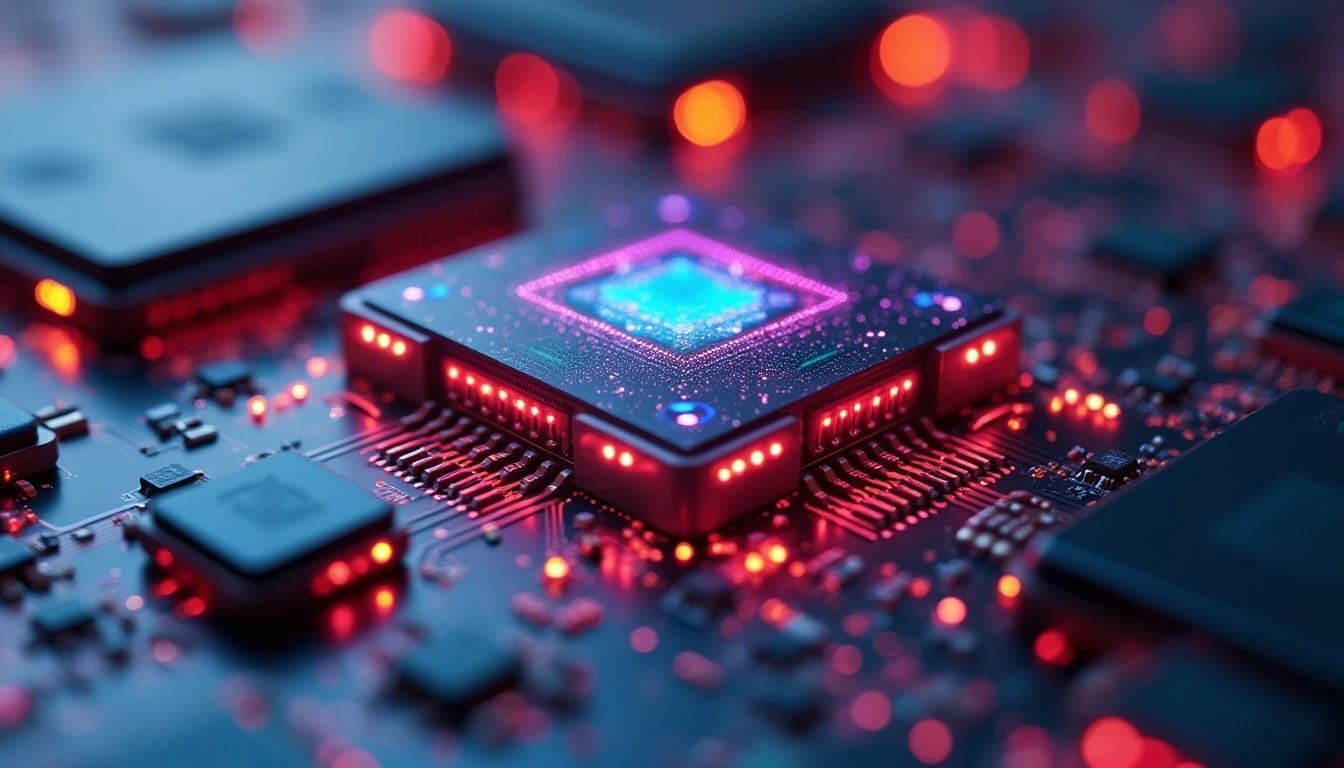South Korea’s ambitious project to develop an artificial intelligence (AI) supercomputer is facing a significant delay due to a lack of access to specialized chips. According to the local media outlet Chosun, the “Supercomputer No. 6” project, which was scheduled for completion in the coming years, has been postponed until 2026, highlighting the global challenges in the AI hardware supply chain.
A computing crisis ahead
South Korea, known for its technological leadership, had positioned this project as a strategic priority in its race for supremacy in artificial intelligence. With an estimated budget of 2.9 trillion won (about 2 billion dollars), Supercomputer No. 6 aimed to provide cutting-edge computing power to researchers and professionals, placing the country at the forefront of the field.
However, high global demand for AI chips, combined with supply chain issues, has led to a critical shortage. Currently, existing supercomputers in the country are operating at 90% of their capacity, creating a “computing crisis” for researchers who rely on these resources.
The impact of global demand
The rise of artificial intelligence has sparked an international race to acquire the most advanced chips, such as the NVIDIA H100. These components are essential for training large-scale AI models, and their limited availability is complicating key projects in multiple countries. Furthermore, the costs of these chips have significantly increased due to supply chain bottlenecks, forcing many organizations to reconsider their budgets.
Countries like the United States and several nations in the Middle East have declared AI development a “national priority,” investing substantial amounts in infrastructure and AI technology. This competition has intensified pressure on hardware manufacturers, primarily benefiting giants like NVIDIA and AMD, while leaving others, such as South Korea, with limited access to the necessary resources.
Outlook for South Korea
Postponing the project until 2026 poses serious challenges for South Korea, which risks falling behind in the global AI race. Despite this, the country remains committed to advancing in this field, exploring alternatives to overcome current limitations.
Supercomputer No. 6 is not just crucial for driving AI research; it is also vital for strengthening South Korea’s technological competitiveness in an increasingly AI-dominated world. Meanwhile, the government and institutions in the country are working on strategies to mitigate the computing crisis and ensure that the project maintains momentum.
The delay reflects a broader landscape where competition for AI resources is redefining technological priorities globally, marking a future in which access to advanced chips will be a determining factor for leadership in artificial intelligence.
via: AI News

